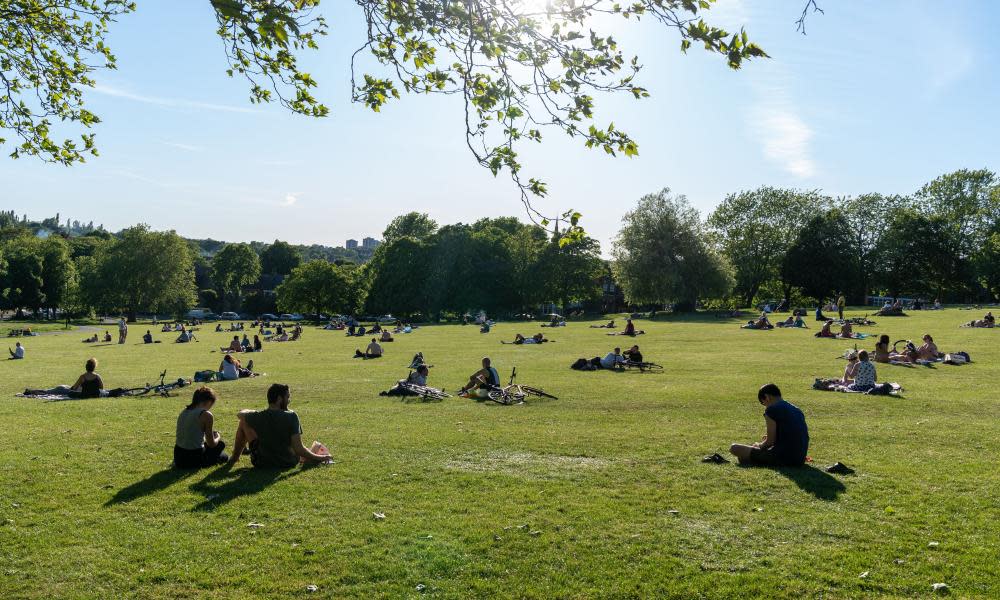Pandemic damages life prospects of all young Britons, report says

The Covid generation faces a “dark age” of entrenched low social mobility, according to a report on the unprecedented economic and educational shocks of the pandemic.
The pandemic will damage the life prospects of all Britons aged under 25, regardless of their background, the report by the London School of Economics’ Centre for Economic Performance (CEP) says.
The report, Covid-19 and Social Mobility, says young people are now less likely to fare better than past generations, less likely to climb the income ladder and less likely to fulfil their potential, regardless of their background.
Lee Elliot Major, a professor of social mobility at the University of Exeter and an associate of the Centre for Economic Performance, said: “There are serious concerns that the pandemic will plunge the Covid-19 generation into a dark age of declining social mobility because of rising economic and educational inequalities.”
Major, a co-author of the report, said that while the effects of the crisis and lockdown varied across age groups, the longer-term economic and social damage was likely to hit young people disproportionately.
Stephen Machin, the director of the Centre for Economic Performance and another co-author, said: “We need to develop bold policies for now and the longer term to ensure the economic recovery also creates a more socially mobile society that is fairer for all.
“We owe it to our young people to ensure that our post-Covid-19 economy is more local, sustainable, inclusive and productive. There is scope and, we believe, demand and appetite to do it.”
The report says that even before the crisis, younger generations were facing declining “absolute mobility” – falling real wages, fewer opportunities and stagnant or declining living standards.
Machin said: “Now that the crisis has drastically worsened economic and education inequality, young people are even worse off. There is a genuine concern that these inequalities could become entrenched for some time.”
The report says rebuilding after the pandemic offers an opportunity to “give serious consideration to radical policies that will create a more mobile society and a better functioning economy”.
The authors call for the introduction of job guarantees for people who are unemployed for more than 12 months, a one-off progressive wealth tax on the net worth of the top 1% of richest individuals, and living wages for key workers.
They also call for a national tutoring service, with undergraduates and graduates helping children to catch up during the next school year.
Sir Peter Lampl, the founder and chair of the Sutton Trust, an educational charity, said: “While the young are affected least by the virus, they are impacted most by its consequences. These include school closures, unfinished apprenticeships and huge uncertainty around university and jobs.
“As this report makes clear, bold moves are needed in education and the economy to prevent opportunities slipping away from these young people.”
Sarah Atkinson, the chief executive of the Social Mobility Foundation, said: “It’s painfully clear that young people at the bottom of the social ladder, already held back from achieving their full potential, stand to lose the most from the economic impact of coronavirus.”
A Department for Education spokesperson said: “While schools have been closed to most pupils, we have provided over £100m to boost remote education. To support families with the impact of coronavirus, we are providing an injection of £6.5bn into the welfare system as well as rolling out income protection schemes, mortgage holidays and additional support for renters.”


